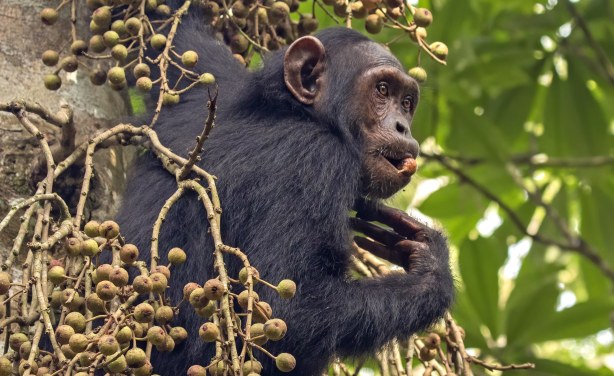 Uganda has embarked on its first-ever chimpanzee census in Bwindi Impenetrable National Park, marking a significant step in wildlife conservation efforts. This initiative aims to accurately assess the chimpanzee population within the park, which is renowned for its biodiversity and as a habitat for both mountain gorillas and chimpanzees.
Uganda has embarked on its first-ever chimpanzee census in Bwindi Impenetrable National Park, marking a significant step in wildlife conservation efforts. This initiative aims to accurately assess the chimpanzee population within the park, which is renowned for its biodiversity and as a habitat for both mountain gorillas and chimpanzees.
The census is part of a broader strategy to enhance conservation measures and promote community-based tourism. The Uganda Wildlife Authority (UWA), in collaboration with the Jane Goodall Institute and local stakeholders, is spearheading this effort. By involving local communities, especially those living near the park, the initiative seeks to foster a sense of ownership and responsibility towards wildlife conservation.
Bwindi’s chimpanzees are particularly unique; unlike their counterparts in other regions, they are known to nest on the ground, a behavior that has intrigued researchers and conservationists alike. Understanding such behaviors is crucial for developing effective conservation strategies.
The census also aligns with the celebrations of World Chimpanzee Day, emphasizing the importance of chimpanzees in Uganda’s ecological and cultural landscape. Events held in Kanungu District highlighted the need for sustainable tourism and the protection of chimpanzee habitats.
This initiative not only aims to provide accurate data on chimpanzee populations but also to strengthen the relationship between conservation efforts and community development. By promoting eco-tourism and involving local communities, Uganda hopes to ensure the long-term survival of its chimpanzee populations while also benefiting the people who share their environment.

